Our Mission
Legado protects the world’s most threatened mountain ecosystems by
working hand in hand with the people who call them home.
What We Do
We create conservation solutions that put mountain people at the center of preserving the world’s most threatened and biodiverse mountains—mountains we call Sky Islands.
Waissone, a Namuli beekeeper, and Legado: Namuli’s Galio Felizardo Zecas carry Waissone’s new Kenyan Top Bar beehive to its permanent location on the mountain. Photo by Juliano Rodrigues

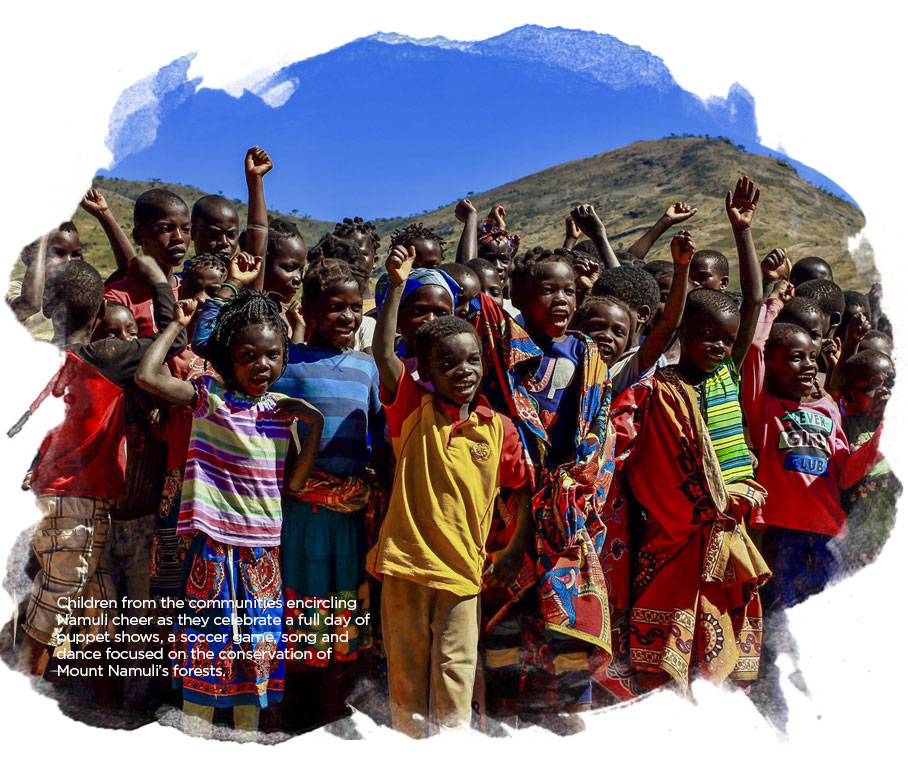
Dear Legado Community,
With the enduring support and encouragement of people like you, we wrapped up 2019 uniquely poised to begin to scale our work protecting the most biodiverse and most remote mountains in the world, what we call Sky Islands. You’ve joined us on a journey that many have deemed impossible: reaching this Vertical Last Mile* in conservation.
Over the past five years working at our flagship site, Mount Namuli, we have refined our approach to scale our model at other sites.
As we start this new decade, I’m excited to share with you that Legado’s vision at scale is that by 2030, the Legado model is used on Sky Islands around the world.
You are a part of Legado’s past and have helped to lay this strong foundation. It is my great hope that you will be a part of our future as we tackle this Vertical Last Mile together.
To the decade ahead,
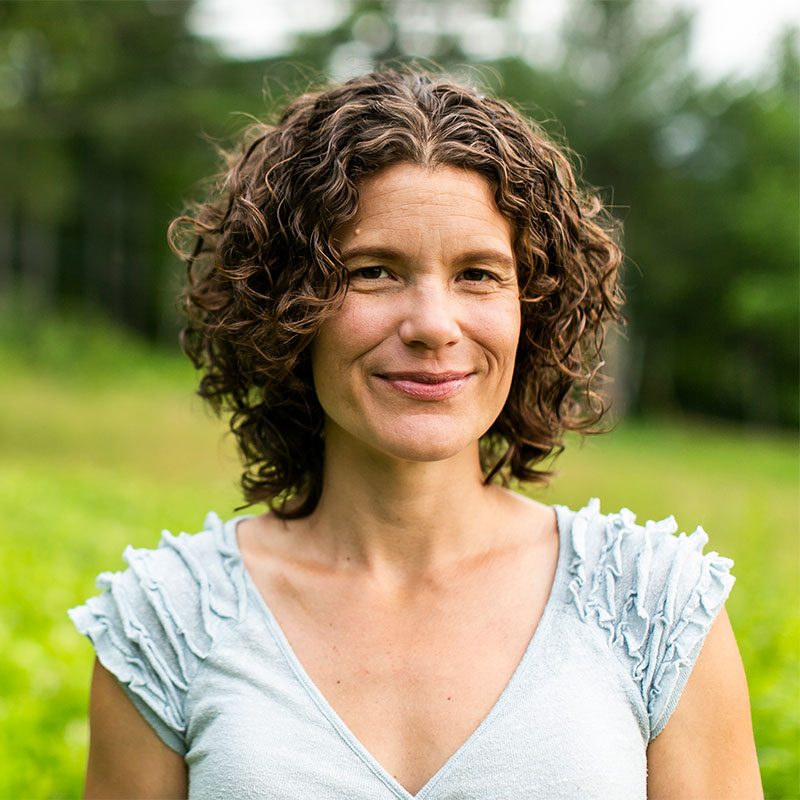

Majka Burhardt
Founder + Executive Director
majka@legadoinitiative.org | +1 (970) 290-7882
2019 At a Glance
Because you championed Legado, 2019 was a year of simultaneously digging down and looking up. We invested in practical, change-making initiatives like a honey program, tree planting, and seed-saving projects, while also addressing big-picture, future-changing issues like building capacity in local leaders and expanding to a new Sky Island.
Here’s what you helped to make possible this year:
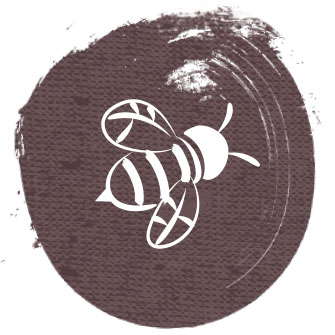
Honey-powered Conservation Our new honey program kicked off this year and is off to a bee-autiful start! 20 traditional beekeepers and community members were trained from all around Namuli in the fundamentals of sustainable beekeeping. Beekeepers learned how to install capture boxes, care for hives, make wax candles, and implement responsible fire practices on the mountain. These are the elements of a sweet future for Namuli’s bees and community members alike as we find innovative ways to support forest conservation and alternative livelihoods
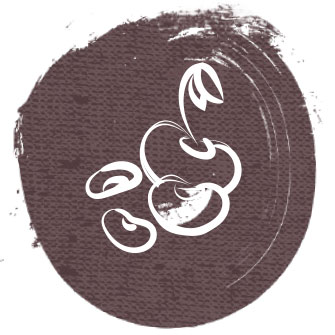
Saving Seeds for the Future Farmers who cultivate crops in the Vertical Last Mile face many challenges. Among themis balancing the need to grow food for consumption and income with the need to save seeds to create the next year’s harvest. A focal point of Legado: Namuli’s work this year has been supporting Namuli’s farmers to begin seed multiplication fields for beans. Beans are one of the main cash crops on the mountain, and by producing their own seeds, Namuli’s farmers are taking ownership of their future and saving for tomorrow.
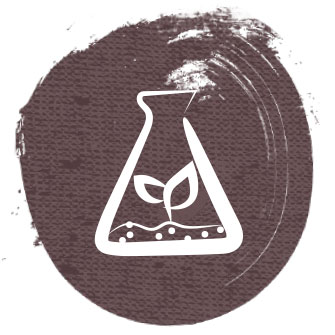
Informed Agriculture Nitidae, one of our Namuli partner organizations, led a three month study on Mount Namuli — speaking with farmers and visiting fields to conduct an Agrarian Diagnostic. The Agrarian Diagnostic provides a robust assessment of farmers’ profiles, perspectives and production strategies. It helps us understand the challenges they face and provides insight into the dynamics of agriculture and deforestation in Namuli’s communities. The study includes an analysis of local markets and identifies drivers, accelerators and potential mitigators for deforestation. The study is a critical piece in designing an effective agricultural intervention that will provide a path for sustainable development and production in the communities that surround Namuli.
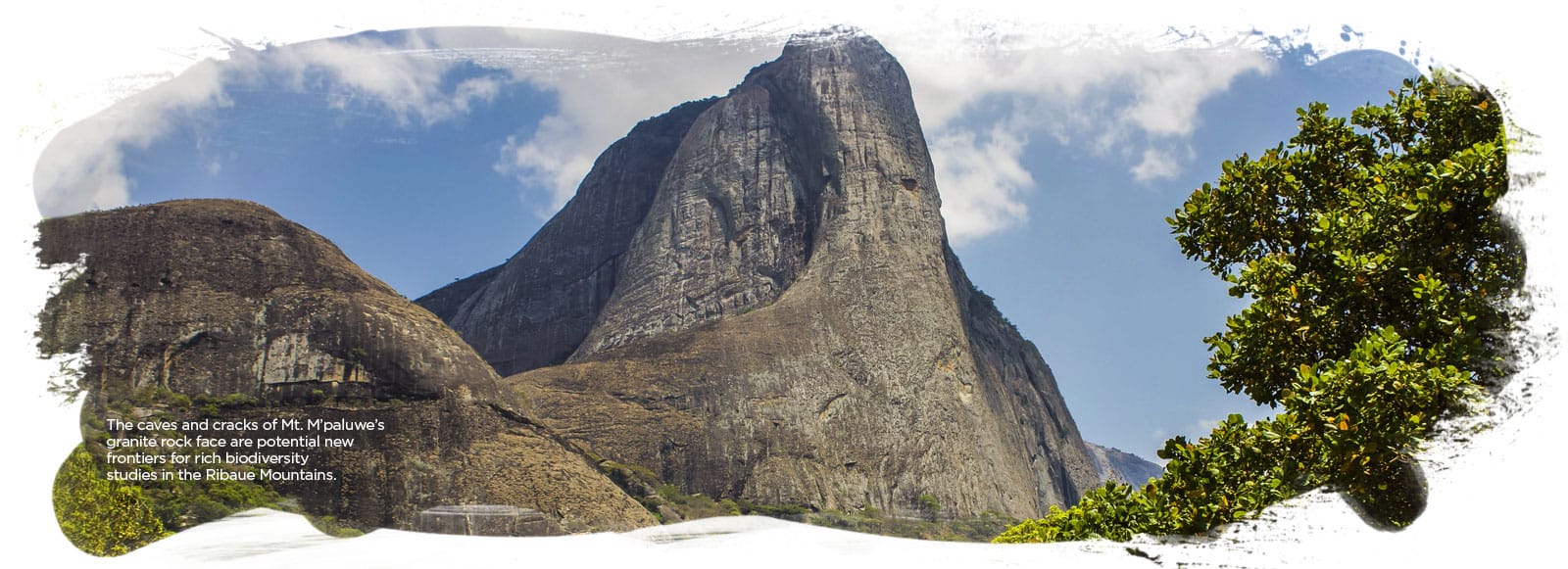
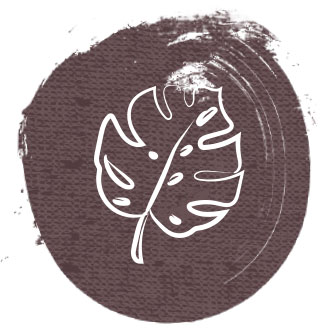
Legado: Ribaue: The Second Sky Island/strong> Expanding to meet the growing need for new conservation solutions, this year Legado launched our second Sky Island: Mount Ribaue. Mount Ribaue is 175 miles from Mount Namuli and, like Namuli, it is home to critical biodiversity and key communities of people working to make a life for themselves and their families. Ribaue is the first Tropical Important Plant Area to be designated in Mozambique. In 2019, we recently completed a baseline survey to establish key contacts on the mountain and to lay the foundation for beginning our programming in 2020.
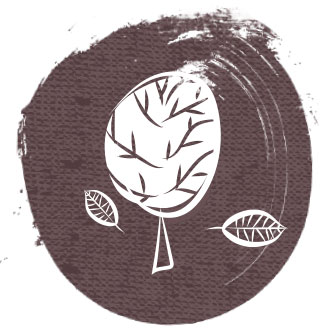
Planting Trees With Champions On Namuli, change starts one seed (or seedling) at a time. This year, we distributed a variety of tree seedlings to Namuli’s farmers. Avocado and eucalyptus, moringa and acacia were among the species of trees planted near people’s homes and around schools. Six of these trees are particularly special to us as they were planted by those who joined us on our 2019 Champions Trip. One tree at a time we are making a difference.
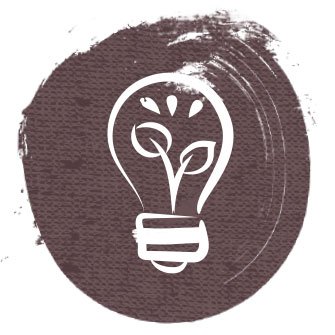
Innovation for the Vertical Last Mile Working in the Vertical Last Mile of conservation demands constant adaptation and innovation. At Legado we believe that real change happens when local pride in natural resources is combined with activated leadership. When that happens, communities can build individual and collective visions for the future, and work together to achieve their goals on the road towards a sustainable and thriving future for all.
In 2019, Legado expanded two key partnerships and adapted them to the mountain environment:
Rare: The secret to creating a community-wide conservation ethic is behavior change, and our partnership with Rare draws on their decades of behavior change expertise. This year we incorporated principles and tactics from Rare’s successful programs in Latin America to better support communities in Mozambique as they shift into new models of behavior.
Imagine1Day and Lightyear Leadership: In our fourth year of partnership with the Ethiopian NGO, imagine1day, and the leadership experts at Lightyear, we have refined our work creating legacy at a personal and communal level, accelerating activism for mountain communities to protect their mountain future.
None of this would be possible without the generosity of people like you. Learn more about what you’re investing in by visiting Sky Islands.
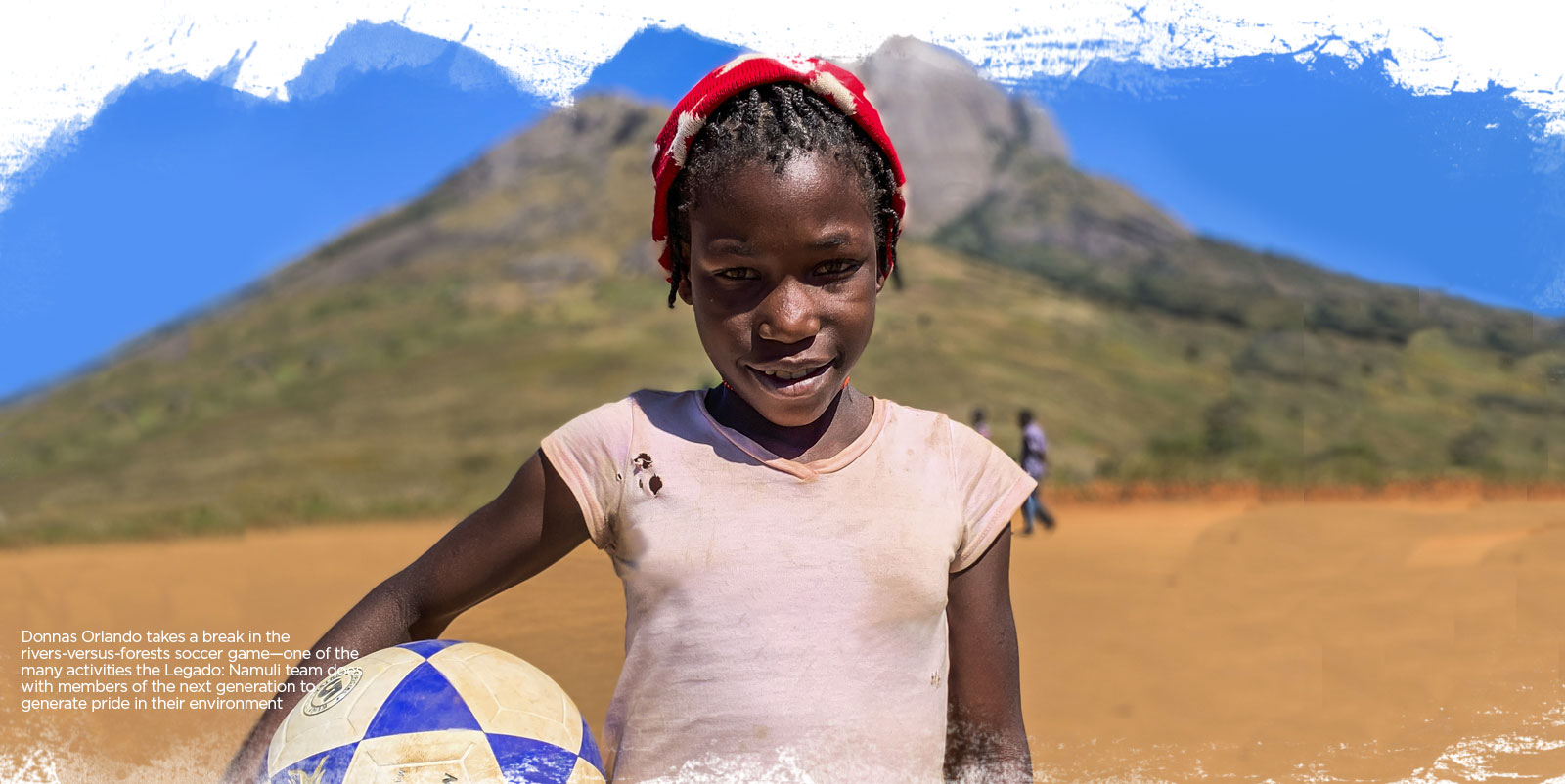
Álvaro’s Story: Now We Have a Vision
All it takes is one conversation with Sr. Álvaro Caturia to understand why he is a community judge in Mucunha on Mount Namuli. Elected for his ability to collaborate and represent the community, Álvaro has supported and helped shape the work of Legado: Namuli since 2015.
“Before Legado, we just lived. But now, we have started to consider how to think and how to act in order to protect our future.” – Sr. Álvaro
Living at the foot of Namuli, Sr. Álvaro has a clear view of the peak of the mountain and its forests. Over the past 30 years, he has seen the landscape change as the forest line receded further into the mountainside and new agricultural fields were opened. Today, he feels the mountain’s horizon is changing again, and this time, for the better.
“Before, when there were fewer people living on the mountain, people did not question ownership of land. In those days, they grew corn and beans and did not cut many trees down. People had smaller fields and they were more dispersed. Now with rising populations and decreasing land for agricultural expansion, the conversations have changed.”
“Before Legado, we just lived. But now, we have started to consider how to think and how to act in order to protect our future. The Legado: Namuli team has helped us understand more about how to live together in harmony with our environment in this new context. The presence of Legado: Namuli marked a difference from how we used to do things.”
Álvaro is also a member of the Natural Resource Management Committee in the Mucunha community, a group of people responsible for knowledge sharing about everything from how to care for the environment at large to how to practice fire control.
“Together, we reflect on the changes that we have seen,” he explains. “How things were before when there were more forests and animals, and how things are now that the animals have run away.”
Today, Álvaro is leading his community into a thriving future.
“Our rivers, the Licungo and Malema, are born here in Namuli and they are the source of the largest rivers in the region. But when we cut and burn the forests, our rivers begin to dry. With the training from Legado: Namuli, we have begun to understand that some day the water can disappear if we continue to treat our resources poorly.”
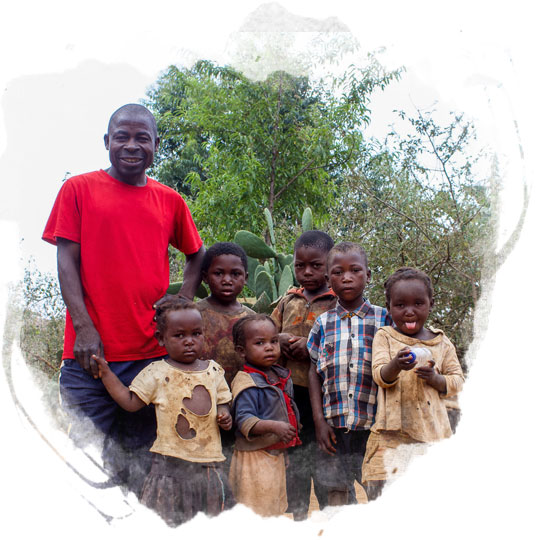
“We are learning how to live for a future with the rivers and the forests,” he explains. “Now we have a vision of what is good and what is bad for the environment, and our goals are helping us to understand how to make a plan to reach our vision. We see that fires are not beneficial to us or our lands. We have also learned the practice of seed saving. Instead of selling all of our products, we can sell a portion and save a portion for next year, planning for the future. With every bit of new information, we are continuing to build our vision.”
Learn more about Legado’s strategy for supporting mountain people to create a thriving future.
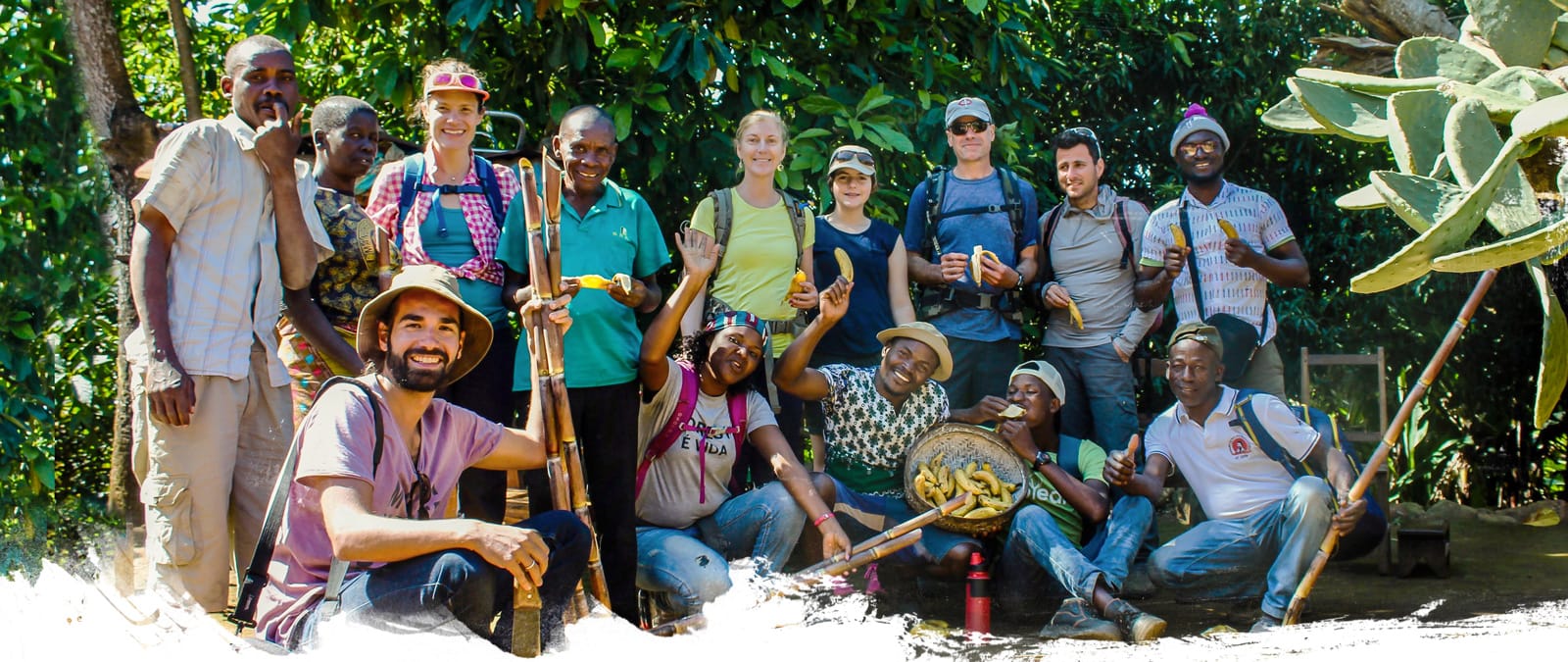
Pictured above: During the 2019 Champion Trip, Champions joined Legado: Namuli’s field team and Executive Director Majka Burhardt to meet with Sr. Serrote Voloua, a member of the Mucunha Natural Resource Management Committee, to learn about his garden of native plants and trees, and his involvement with the project.
Making a Splash: Giving with Impact
In June 2019, Pete and Mary Sue Vorbrich journeyed to Mozambique as part of our 2019 Champion Trip to spend time with Legado’s Field Team for two weeks of learning and adventure.
As major donors to the organization, they wanted an up-close-and-personal look at how their gifts were being invested and the long-term impact of their support. They also brought along their 13-year-old daughter, Frances, to share the experience firsthand with the next generation. We are honored to share a few of their reflections on the experience:
“We’re committed to giving to Legado— especially now after having been there in person— because the work is direct, localized, hyper-focused. In your portfolio of giving, you’re often giving to a dispersed impact and a broad net. Giving to Legado is an opportunity for individual donors like you to make a huge difference on an outsized scale.”
“Rather than being a drop in the ocean, you’re like a big splash in the pond. I find it to be a good balance for our philanthropic portfolio to sometimes be the drop and sometimes be the splash.”
Mary Sue Vorbrich, Legado Supporter and 2019 Champion Participant
“A lot of international aid is very specific engineering like dams, roadways, schools, Or, it’s social engineering— literally changing the way people live their lives.”
“At Legado, it’s completely different— the team works with local communities to define goals and objectives that make sense to them. What I saw is that this kind of an involved, collaborative approach is much heavier lifting in the early days.”
“It would be easier to hand out tools and seeds. But, in the long term, the Legado way is going to be much more successful as community leadership is fortified and will be able to successfully advocate for themselves.”
“It takes longer to support people in developing their broader vision for their lives and for their community— but building on that vision as a foundation— well, there’s nothing quite like it.”
Pete Vorbrich, Legado Supporter and 2019 Champion Participant
Learn more about how you can give and to join us on our 2020 Champion’s Trip.
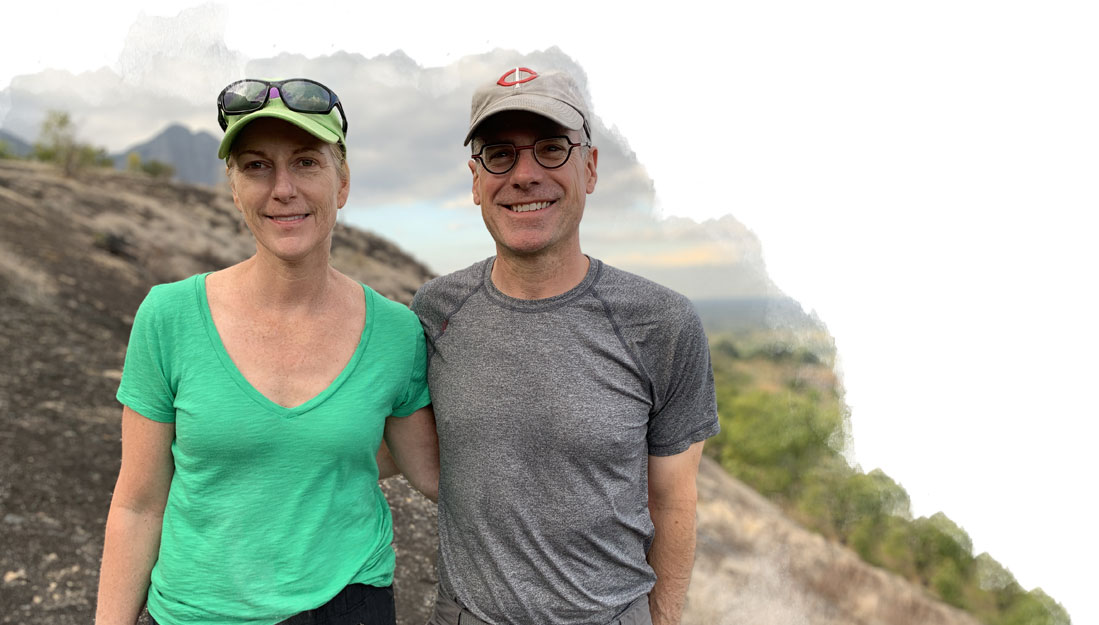
Where We’re Heading
The Vertical Last Mile
Sky Islands are the Vertical Last Mile for conservation— the most remote and hardest places to reach. Historically, Sky Islands have been left off the map for large-scale conservation efforts, in part because they demand site-specific action. Legado exists to have a scalable solution for Sky Islands, creating a replicable model to preserve these mountain biodiversity hotspots through accelerating activism of local mountain communities. Protecting the world’s Sky Islands is one of our best ways to secure the world’s water towers in the face of climate change.
Legado (legacy in Portuguese and Spanish) pairs the legacy of a mountain with the legacy of that mountain’s people. While mountain people live in communities encircling a mountain, these communities are often unconnected with each other. Legado creates a 360-degree connection between mountain communities to protect their shared resources and supports them to make this protection last. Around the world, local protection of forests has been shown to be four times more effective at protecting biodiversity than national parks.
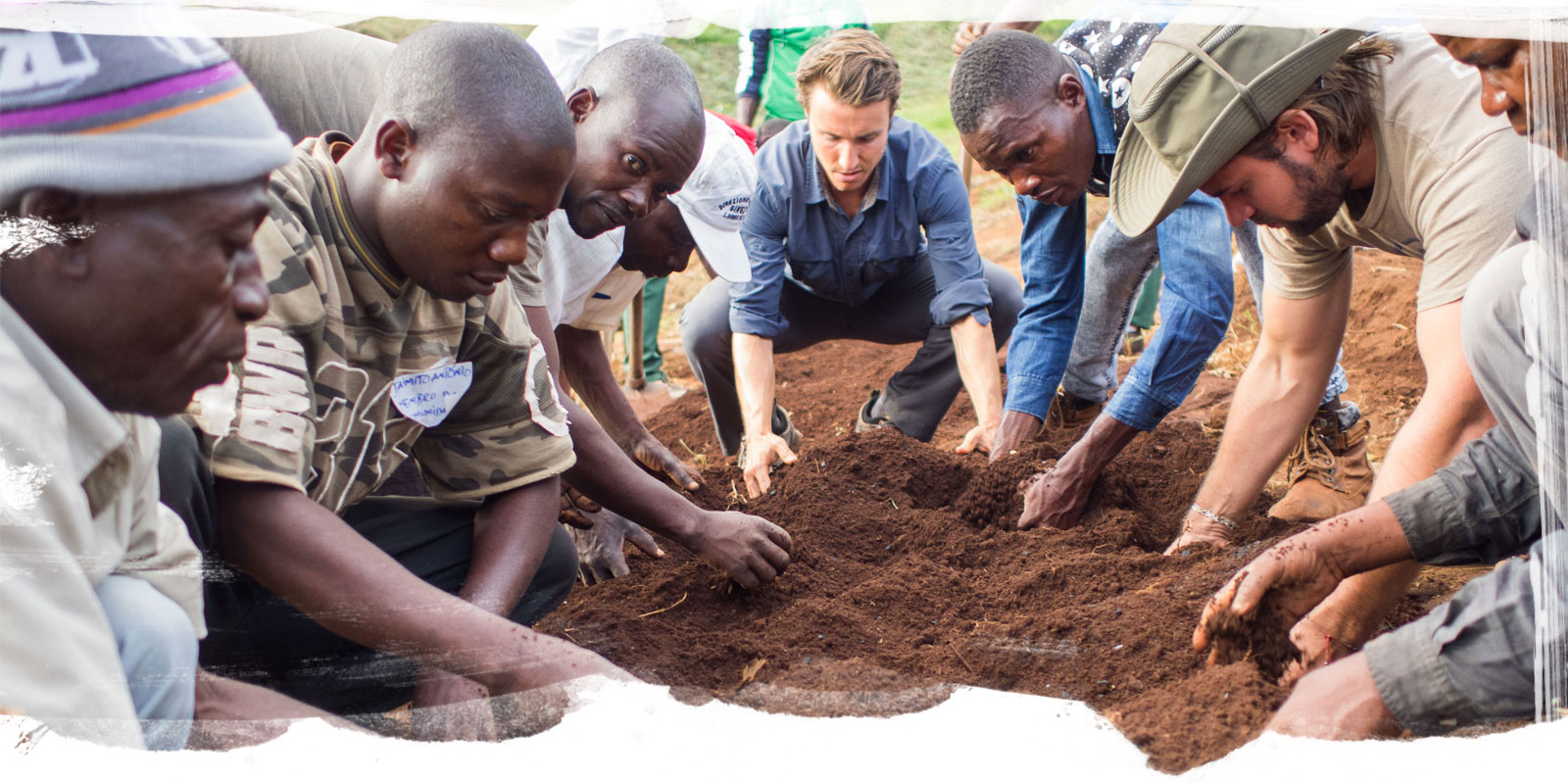
join the core: make 2020 your
year of radical generosity
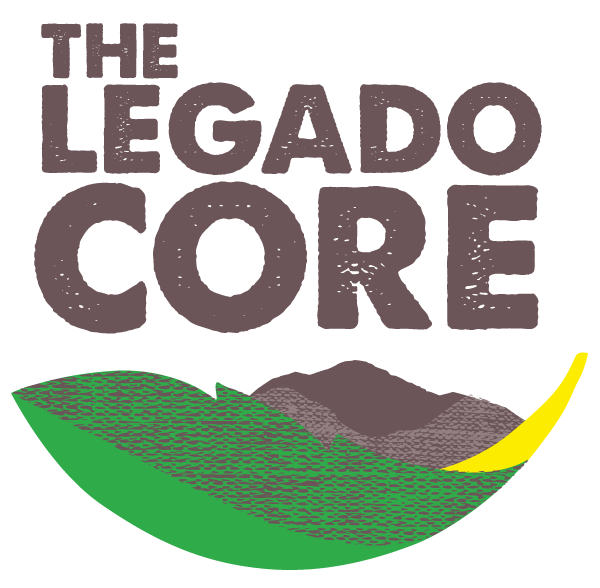
The Legado Core is a passionate community of monthly donors with a core commitment to protecting the world’s most threatened ecosystems by working hand in hand with the people who call them home. Join The Legado Core to propel our vision forward through your generosity. Sign up today.
“I joined The Legado Core because I am passionate about conserving our world’s wild and precious places — but not at the expense of people and communities who rely on the land. I give monthly because it makes it easy to maintain my commitment to making an impact on something
I care about.”
I care about.”
Leigh, Legado Core Member

The Six Key Elements of the Sky Island Model
Legado’s vision at scale is that by 2030, the Legado model is used in Sky Islands across the world. The Sky Island Model is the scalable tool Legado uses to expand and increase its impact. This model is based on strengthening six elements to create thriving Sky Islands protected by committed Sky Island communities.

Community Activism: We work with local mountain people to define what they want to create in their individual futures, and in the future for their communities. Then, in partnership, we create this legacy—accelerating leadership by using behavior change science.
Alternative Incomes and Food Security: We create viable alternatives to slash and burn agriculture for mountain people to make a living and feed their families– through deep agricultural support improving crop production, building stronger value chains, and supporting more dependable sources of food and income.
Local Guardianship: We work with mountain communities in land titling and community conservation opportunities so that they can be the rightful guardians of their futures.
Government Engagement: We rapidly increase visibility for each Sky Island with local and national governments, resulting in priority recognition of their conservation value and need for protection.
Dynamic Partnerships and Funding:
We increase resources and capacity to support the needs of each Sky Island by attracting innovators in the development sector to partner in areas which are otherwise underserved. By developing diverse partnerships, we create meaningful funding opportunities for donors that also provide financial consistency to projects.
Media and Storytelling: We use media and communications to showcase the biodiversity value and cultural significance of each Sky Island. This builds local and international recognition as well as significant pressure to protect that mountain.
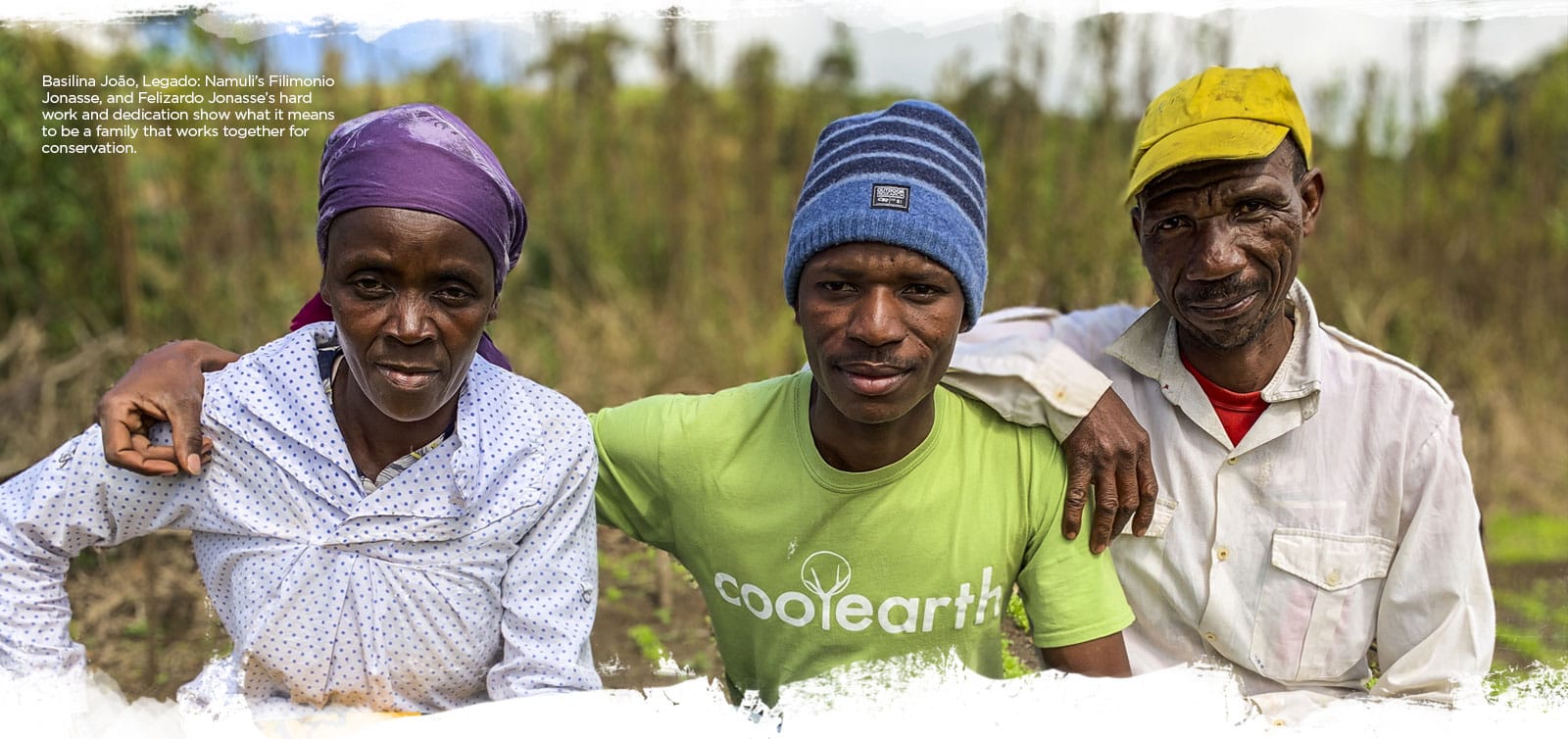
Conservation as a Family
Basiliana João and Felizardo Jonasse never imagined they’d have a child who was a conservationist. As the parents of eight children, Basiliana and Felizardo live in a home on the edge of the mountain side on the outskirts of Murrabue, the gateway into the Namuli highlands. Basiliana and Felizardo keep track of the comings and goings of all of the people on Namuli, and when the Legado: Namuli field team arrives on the mountain, they always smile knowing their son Filimonio is with them.
“If Legado: Namuli had not come, there would already be no trees left.”
– Felizardo Jonasse, father of Legado: Namuli Team member Filimonio Jonasse
“Many other families have children who have left the mountain to go to work,” Felizardo says, “but we are lucky because Filiminio comes home every day.”
Filimonio is Basiliana and Felizardo’s eldest child.
“At first, I would come home to visit and talk about all of the new things that I was learning,” Filimonio explains. “Soon, my mother became interested and made her own decision to become involved with the project and my father joined the Producers’ Association. They learned that they could not cut or burn the trees and that their crops will flourish if they plant in horizontal lines. Once they made these changes, they observed improvements in their harvest.”
People in the community are proud to have a technician from their community working with the Legado: Namuli team, and they look to Filimonio as a model for them and their families. Felizardo explained that the community is impressed with Filimonio’s desire to give back to his own community, instead of looking for work in the city.
Always with a smile on his face and a laugh you can recognize with your eyes closed, Filimonio says, “On a social level, I have learned what it means to work in a team. I have grown so much, both personally and professionally, and for this I am truly grateful.”
“Since I began working with the project, many people have opened their minds to the various things we are teaching,” he explains. “They trust me because they are my family and my friends, and they saw me grow up. Now they understand that the project is about protecting and conserving what we have. They have changed their way of thinking, and they are thankful for what they have learned. They have seen the results for themselves.”
Filimonio’s goal is to further study environmental management and continue to work with the community to promote better understanding of how to practice agriculture and conservation.
With the light of the sun reflecting off the mountains outside of the window, Felizardo reflected on the impact that his son’s job has had on so many people. “If Legado: Namuli had not come, there would already be no trees left. Sitting around the fire, we listen to the stories of what our children are learning and what they dream of for their futures. We are content and we want the future of our children to be successful.”
Read Filimonio’s story, as shared in our 2017 Annual Report.
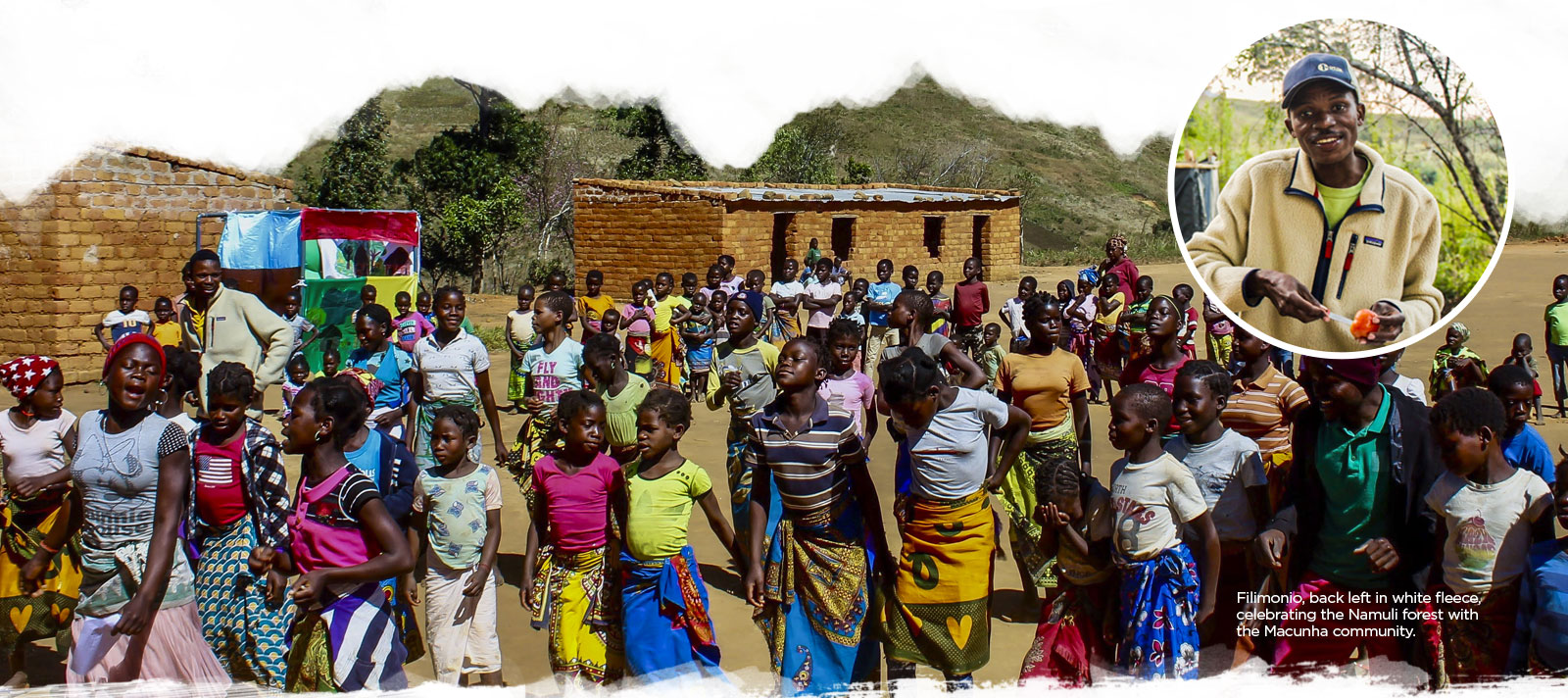
Thank you for being part of our journey in 2019.
We’re proud to have your support.

Legado and Our Sky Island Programs Are Backed By The Best
